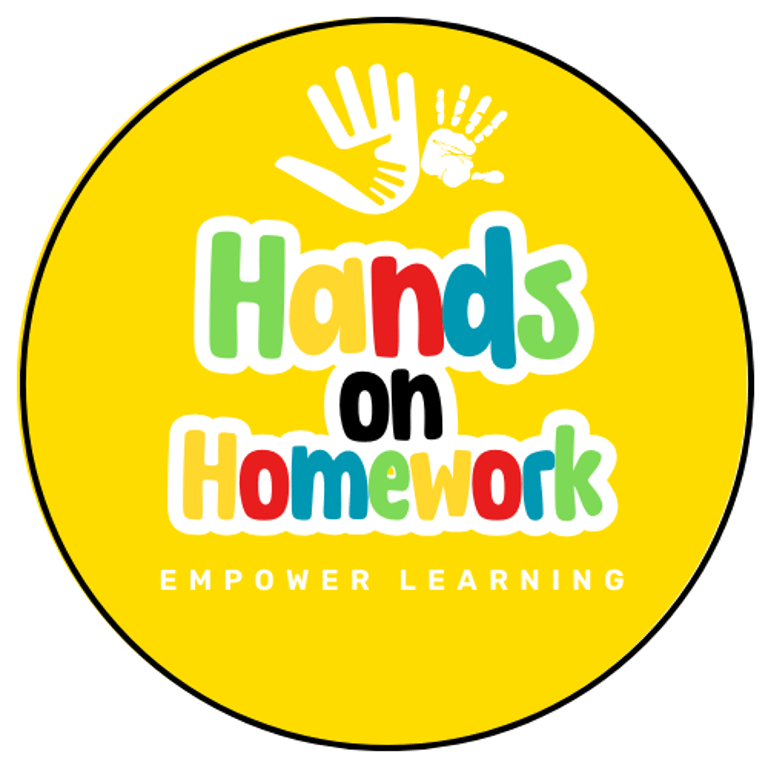Foundational Math Skills
Why Learn Math?
FOUNDATIONAL SKILLS
12/15/20243 min read


Count to Ten
The foundational skills for learning math in early elementary years set the stage for later, more complex mathematical concepts. Key skills that children need to develop as they begin their math journey include pattern recognition, comparing numbers, subitizing, and number sense. Here's a breakdown of these foundational skills:
1. Number Sense
Number sense is the understanding of numbers, their relationships, and how they are used in everyday life. It forms the basis for all future math learning. Children develop number sense by:
Recognizing number form and understanding their value.
Understanding quantity: Knowing that a group of 3 objects is the same as the number 3.
Counting forward and backward: This helps children understand the order of numbers and prepares them for addition and subtraction.
Estimating: Developing the ability to estimate quantities or outcomes, which helps with real-world math problem-solving.
Identifying number patterns: Recognizing simple sequences (e.g., 1, 2, 3, or 10, 20, 30) helps build an intuitive understanding of numbers.
2. Subitizing
Subitizing is the ability to instantly recognize the number of objects in a small group without counting them individually. This skill supports early addition and subtraction and helps children develop a mental image of numbers. Subitizing skills include:
Instantly recognizing small quantities (usually up to 5 or 6 objects).
Using dice or dot cards: Dice with pips (dots) or dot cards are great tools for practicing subitizing, as children can quickly recognize the number of dots without counting.
Grouping objects: Encouraging children to group objects into clusters (e.g., groups of 2 or 3) helps them practice recognizing numbers without counting one by one.
3. Patterns
Recognizing and creating patterns is a crucial skill in early math. Patterns help children understand relationships between numbers and prepare them for concepts such as addition, subtraction, multiplication, and division. Pattern skills include:
Identifying patterns: Recognizing repeating patterns in shapes, colors, or numbers (e.g., red, blue, red, blue or 2, 4, 6, 8).
Creating patterns: Encouraging children to create their own patterns using objects, shapes, or sounds.
Extending patterns: Asking children to predict what comes next in a pattern, which builds logical thinking and prediction skills.
4. Comparing Numbers
Comparing numbers helps children understand concepts like "more than," "less than," and "equal to," which are foundational for addition and subtraction. Key comparison skills include:
Understanding "greater than" and "less than": Children learn to identify which of two numbers is larger or smaller.
Ordering numbers: Arranging numbers from smallest to largest or vice versa is a critical skill for understanding number relationships.
Comparing sets: Comparing groups of objects to determine which group has more or fewer items helps reinforce the concept of quantity.
5. Understanding Place Value
While place value becomes more important as children progress in math, early understanding of it is a foundational skill. Place value helps children comprehend the value of digits in two- and three-digit numbers. Early place value skills include:
Recognizing tens and ones: Understanding that the number 23 consists of two tens (20) and three ones (3).
Grouping objects into tens: Using objects (like sticks or cubes) to make tens and ones helps children visualize the concept of place value.
Understanding the order of numbers: Realizing that as numbers increase, the digits' values change depending on their position (ones, tens, hundreds, etc.).
6. Counting
Counting is one of the earliest math skills children develop, and it forms the foundation for all other mathematical concepts. Counting skills include:
Counting forward and backward: Counting in sequence, both forwards (1, 2, 3…) and backward (10, 9, 8…).
Skip counting: Learning to count by 2s, 5s, and 10s is a critical skill that supports multiplication and division later on.
Counting objects: Practicing counting groups of objects and understanding the concept of "one-to-one correspondence" (i.e., each object gets counted once).
7. Number Relationships
Understanding how numbers relate to each other is a critical skill that sets the foundation for addition and subtraction. Key number relationship skills include:
Understanding addition and subtraction: Early math education focuses on basic addition and subtraction, using objects or pictures to illustrate how numbers combine or are taken away.
Commutative property: Recognizing that the order of addition doesn't change the result (e.g., 3 + 2 = 2 + 3).
Using number lines: A number line is a helpful tool for visualizing how numbers increase or decrease, which supports both addition and subtraction.
8. Measurement
Measurement skills also contribute to a child’s overall math development. Early measurement activities can include:
Comparing lengths: Using non-standard units (like blocks or hand spans) to measure objects.
Understanding basic units: Introducing the concepts of size, weight, and volume helps children understand the physical world around them.
Estimating size: Developing the ability to estimate measurements (e.g., “Is this pencil longer or shorter than the ruler?”).
Conclusion
Building a strong foundation in math during the early elementary years is essential for future success in more advanced mathematical concepts. By focusing on number sense, subitizing, patterns, comparing numbers, and measurement, children gain a deep understanding of how numbers work in the world around them. These skills not only prepare them for addition, subtraction, and other operations but also foster critical thinking, problem-solving, and logical reasoning abilities that will serve them throughout their education.
